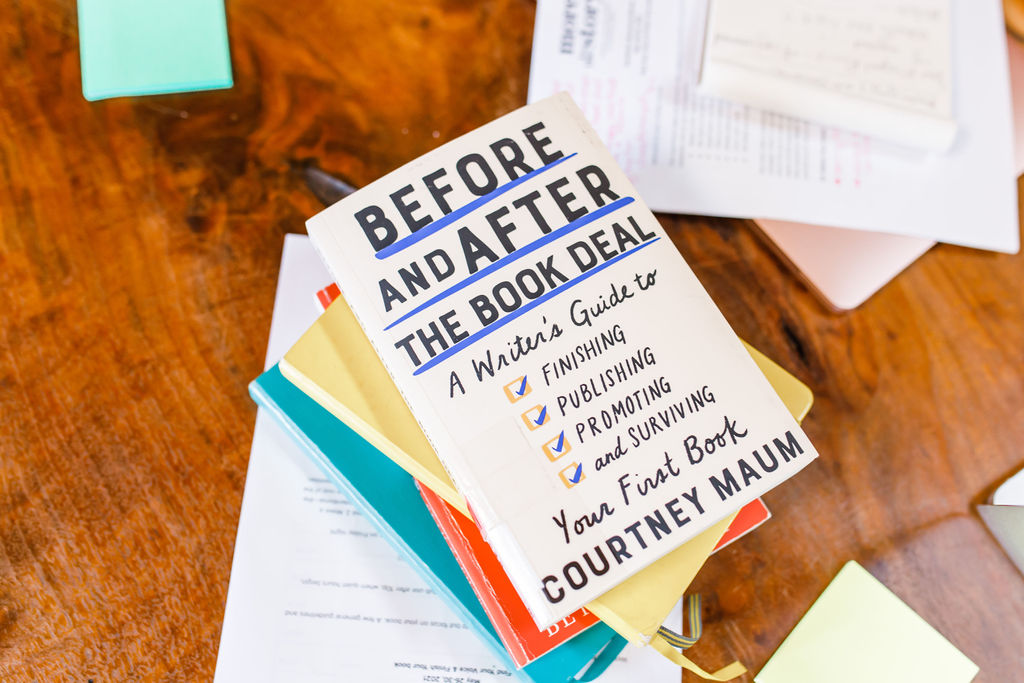We watched Hamilton over the weekend. I had heard the music and interviews with Lin-Manuel Miranda, and that’s nothing compared to witnessing the sheer passion and talent of the performers.
It’s been a long time since my early American history lessons, but I mostly know the basics of George Washington and the Revolutionary War, of Alexander Hamilton and how he died at the hand of Aaron Burr in a duel.
The thing that struck me about this story, though, is most intense during the second act of the musical when Thomas Jefferson returns from France. That’s when things really start to get heated between him and Hamilton, the two of them delivering congressional debates as rap battles (brilliant!), and we start to see the duality of the political parties.
In particular, the debate over whether to join France in its Revolution, Hamilton was against and Jefferson was for. Hamilton argues that as a new country fresh out of its own war, America needs to take care of her own, focusing efforts at home to gain strength before depleting resources by joining someone else’s fight. Interestingly, Jefferson argues that they should help their brothers across the ocean, returning the favor of France’s aid during America’s recent revolution.
War of course being a problematic concept in and of itself, however, the two men in this case staunchly argue their point and what strikes me is: there is validity on BOTH SIDES. It is not one OR the other, though most people of opposing views—and especially opposing political parties—insist that there is only one answer and it must be ONE OR THE OTHER.
BUT!
Should we not care for our own? And should we not also help others who are in need? YES AND YES. BOTH.
Both are necessary. Both are of equal value. Both can be accomplished. Maybe not always in the context of politics and war, though the lesson can still be gleaned from such a monumental moment in history. (And, frankly, politics could use a little more both-and thinking applied to problem solving.)
I have written about cultivating a both-and mindset before. It’s not always easy to adopt and maintain because as soon as we bump up against something that causes resistance within us, there’s a tendency to reject it outright thinking, “No, no, no, it can’t be black. It has to be white.” When, in reality, that is likely a fear-based response because we aren’t quite sure how to hold the tension of a paradox.
I can’t relax or indulge in luxury, because so many people have been struggling for the past few years. But if, like me, your husband was unemployed for nearly three years and you’ve been a single-car household for 10+ years, then you may know a thing or two about how putting yourself on restriction from luxury during difficult times also means you are restricted from the possibilities that lie beyond the struggle.
Yes, we are currently facing immense struggles, both individually and collectively. The struggles are real and profound. There is fear and anxiety and sickness and death. These are ugly parts of our human existence in Twenty-First-Century America.
But our human existence in Twenty-First-Century America is more than any one thing.
Yes, we have experienced suffering and inflation and violence and political turmoil, but we’ve also seen nations coming together to help Ukrainians defend their country, the first Black woman being confirmed to the Supreme Court, and jaw-dropping images of space from the James Webb Space Telescope.
We are both beautiful and horrible. Both suffering in pain and celebrating goodness big or small.
Together, we are all both-and—in all of its complexity and messiness.

